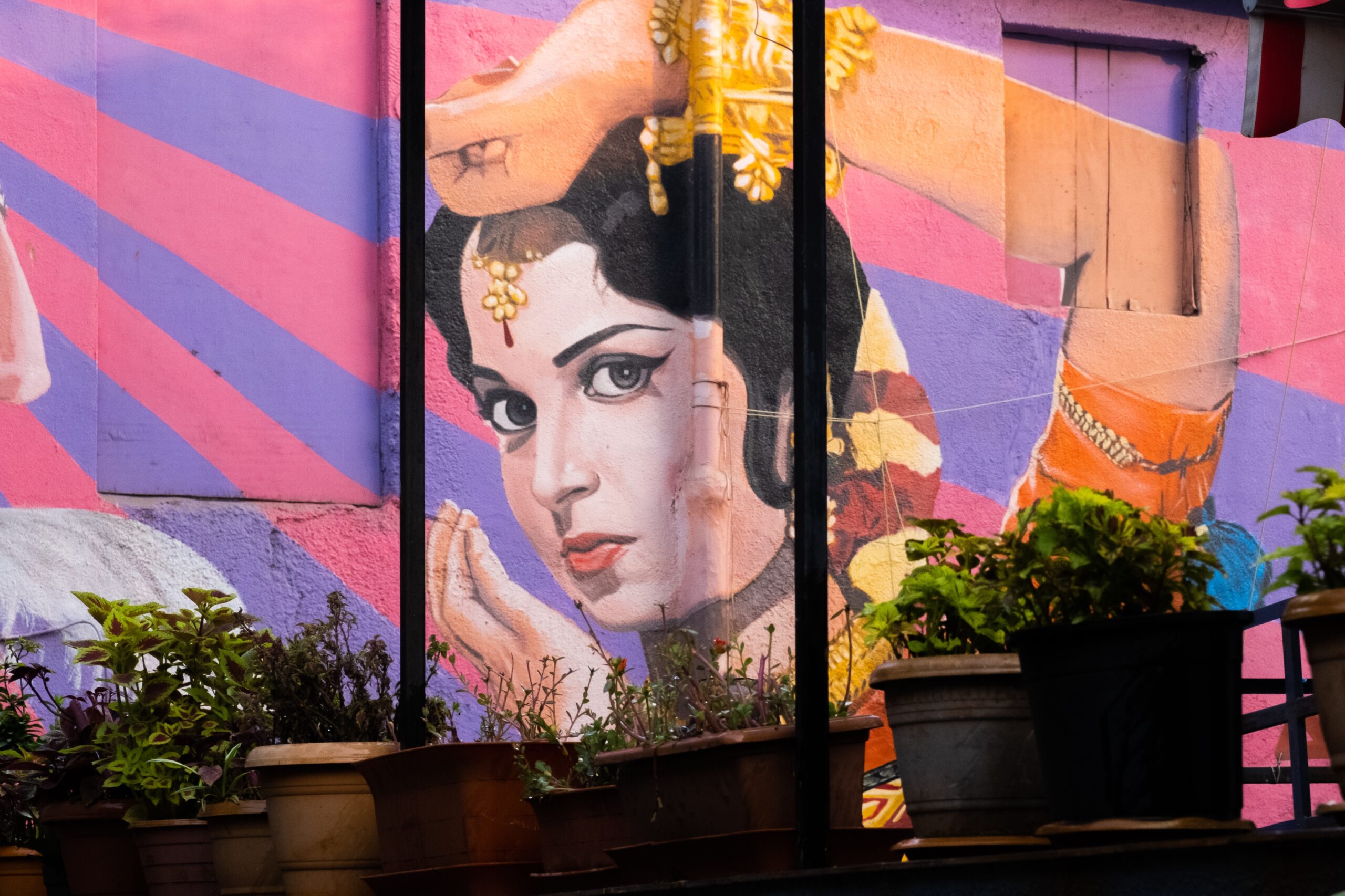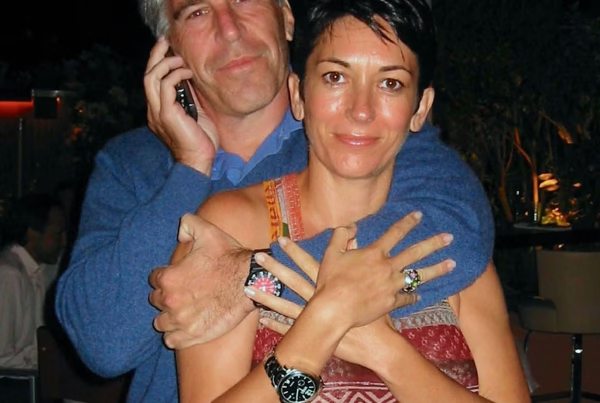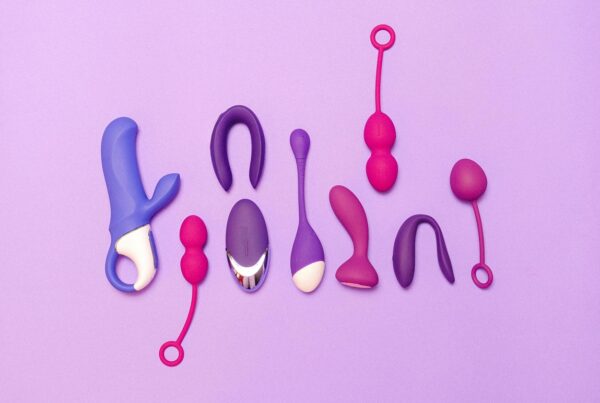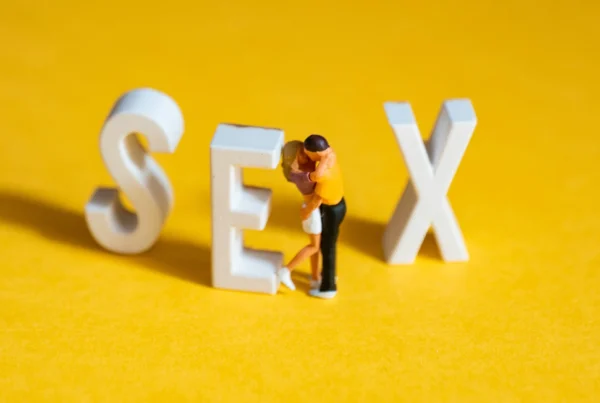Look, as an avid reader, I would be lying if I said I’d never fallen in love with the characters nestled between the pages of a good book. There’s a certain charm and appeal to these “book boyfriends/girlfriends”. They are images of perfection. They say exactly the right thing at the right time, are almost always incredibly good-looking, and because their thoughts are laid out for us to see over the course of a story, we know their innermost thoughts and feelings.
How could you not fall in love? I’ve felt butterflies in my stomach reading romance while picturing them whispering sweet nothings to the main character, and I’ve curled my toes in pleasure reading good old erotic stories too, swooning at the intense sex appeal of these fictional characters. Wouldn’t it be the perfect relationship?
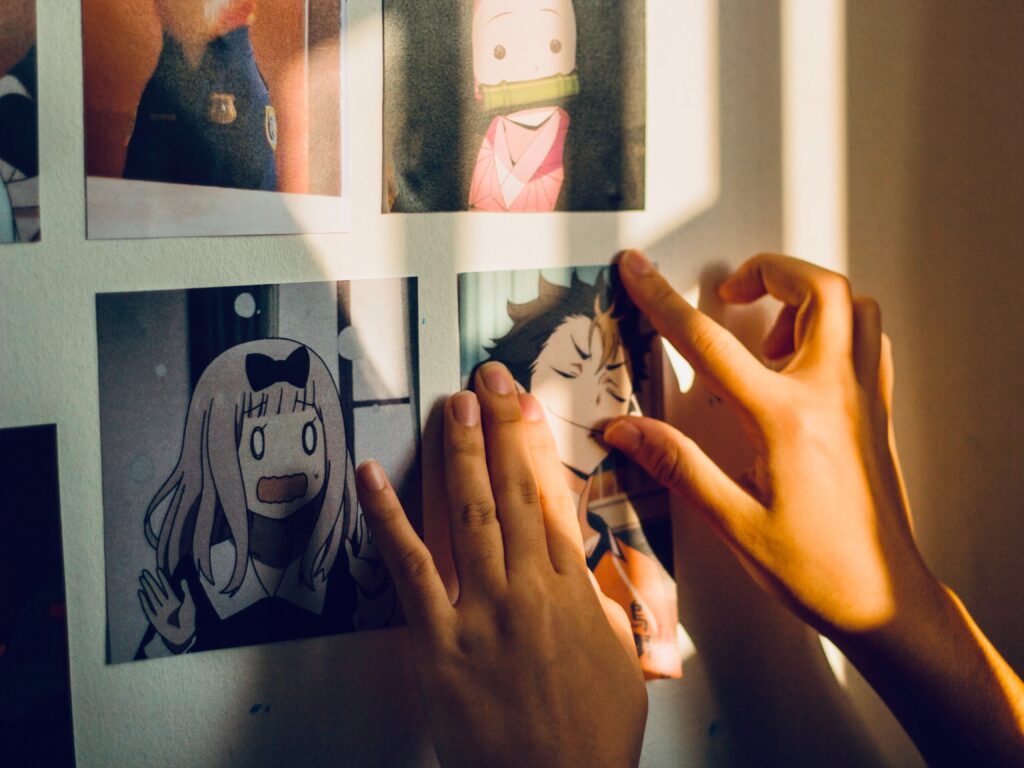 But did you know that this is a valid sexuality as well?
But did you know that this is a valid sexuality as well?
Fictosexual, also known as fictisexual, is an umbrella term for anyone who experiences exclusive sexual attraction towards fictional characters, a general type of fictional characters, or whose sexuality is influenced by fictional characters.
Some fictosexual individuals experience attraction to certain genders in fiction, but don’t experience attraction to said genders in the non-fictional world. For example, one may experience attraction to all genders in fiction, but only experience attraction to women in the non-fictional world.
It is also an ace-spec identity, as some ace-spec individuals may feel sexual attraction exclusively to individuals whom they could never possibly be in a relationship with, such as fictional characters. The romantic equivalent is fictoromantic.
They even have a pride flag!
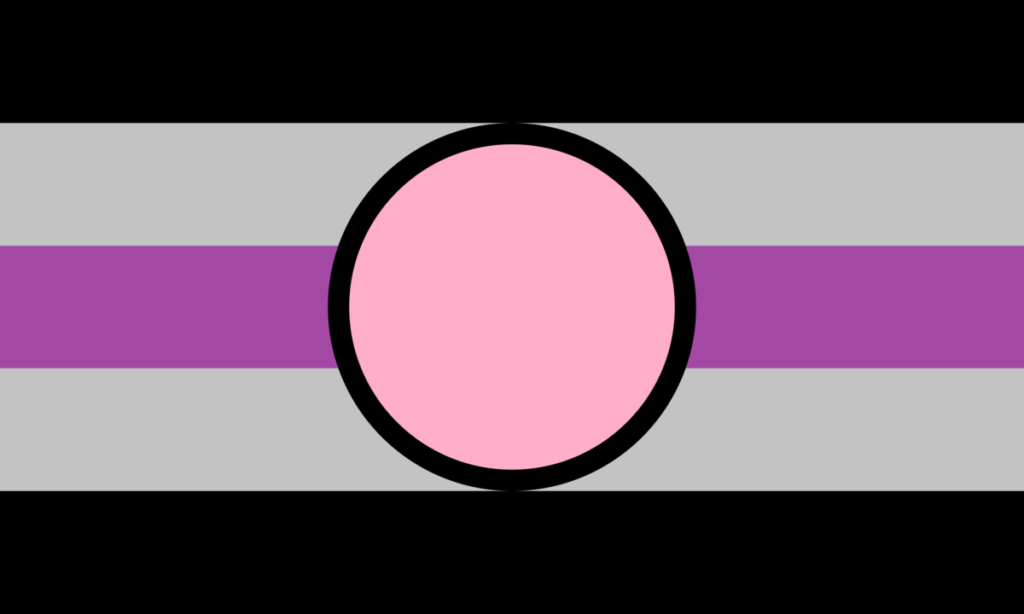
There have been studies conducted on this as well.
A 2021 study explains that fictosexuality, fictoromance, and fictophilia as “terms that have recently become popular in online environments as indicators of strong and lasting feelings of love, infatuation or desire for one or more fictional characters.”
The authors of the study, Karhulahti and Välisalo date fictosexuality as far back as the 18th century, recording instances of people’s infatuation with drama characters, musicians, and celebrities. It almost feels like a part of the human experience to create these “lifelong bonds people in different cultures have conventionally had with gods, monarchs, spirits and other figures they may never have had the chance to meet in person.”
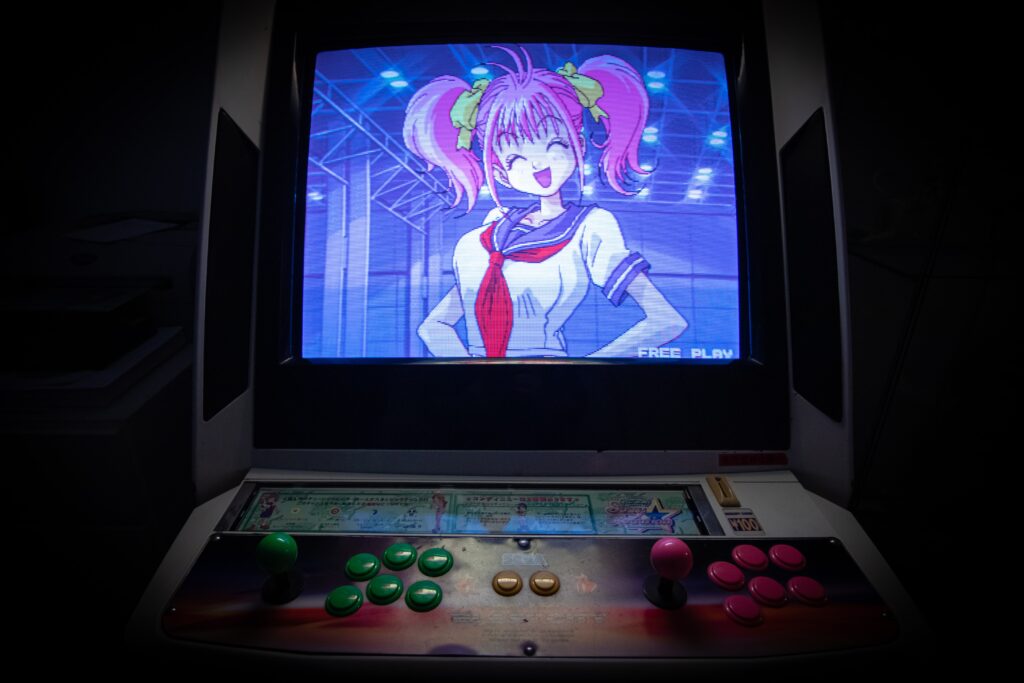 Now, as I dug deeper into various Internet archives and forums, there is quite a lot of hatred that fictosexuals seem to face about their preferences. Fictosexuality forums and communities are rare, but you can definitely sense the love and devotion they feel towards their fictional partners.
Now, as I dug deeper into various Internet archives and forums, there is quite a lot of hatred that fictosexuals seem to face about their preferences. Fictosexuality forums and communities are rare, but you can definitely sense the love and devotion they feel towards their fictional partners.
Fictosexuality itself is split into several subgroups, such as:
- Animatesexual – the attraction to anime/manga characters.
- Cartosexual – the attraction to cartoon/comic characters.
- Booklosexual – the attraction to novel/visual novel characters.
- Visualnovelsexual – the attraction to visual novel characters.
- Gamosexual – the attraction to video game characters.
- Imagisexual – the attraction to fictional characters one can never see (book characters, podcast characters, etc.)
- Inreasexual – the attraction to a live-action TV show/movie character.
- OCsexual – the attraction to original characters

- Teratosexual – the attraction to monster-related characters.
- Tobusexual – the attraction to vampire-related characters.
- Spectrosexual – the attraction to ghost-related characters.
- Nekosexual – the attraction to neko-related characters.
- Anuafsexual – the attraction to other animal and human hybrid characters.
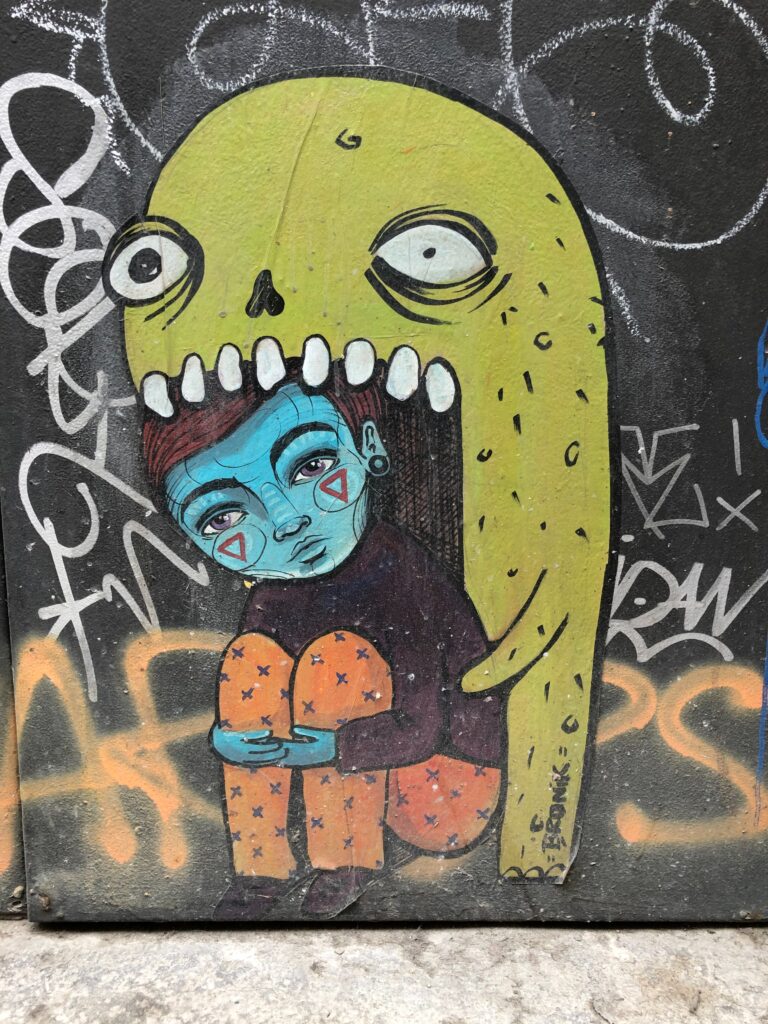
As a writer, I have my own fair share of thoughts on what it must feel like to be the person who created a character, only to find out that there are people who think of them as real enough to be their partners, in marriage or otherwise. For something born out of my imagination to be considered real would be odd. There’s also the question of whether we realize that fictional characters may be appealing entirely because of the fact that they are usually presented as perfect or have very few flaws that are considered redeemable.
Whatever the case be, fictosexuality is being welcomed in different parts of the world, with one man even marrying his favorite character, Hatsune Miku, a virtual pop star who takes the form of a 16-year-old girl.
As reported by the Mainichi Shinbun, Akihiko Kondo, a Japanese man made headlines in 2018 when he married a hologram of Hatsune Miku. While the marriage is not officially recognized by the Japanese government, Kondo spent about 2 million yen (approximately $17,300 USD) to hold a wedding ceremony.
 The appeal for fictosexual characters also seem to lie in their permanence and immunity to all the usual things that would affect a relationship with a real human being. Fictional characters are impervious to illness and death, and as a big part of them is just what you imagine, they’re also free of all the character flaws one might hate in real people. A fictional character cannot cheat on you, whereas with real human beings, you have to account for things like infidelity, sexual incompatibility, etc.
The appeal for fictosexual characters also seem to lie in their permanence and immunity to all the usual things that would affect a relationship with a real human being. Fictional characters are impervious to illness and death, and as a big part of them is just what you imagine, they’re also free of all the character flaws one might hate in real people. A fictional character cannot cheat on you, whereas with real human beings, you have to account for things like infidelity, sexual incompatibility, etc.
Whatever the case be, as long as people pursue these relationships while taking their own mental health and well-being into consideration, who are we to judge?
If you feel like you might be fictosexual and need any kind of help with the same, you can always reach out to our intimacy coaches for help!
You can book an appointment right here!


